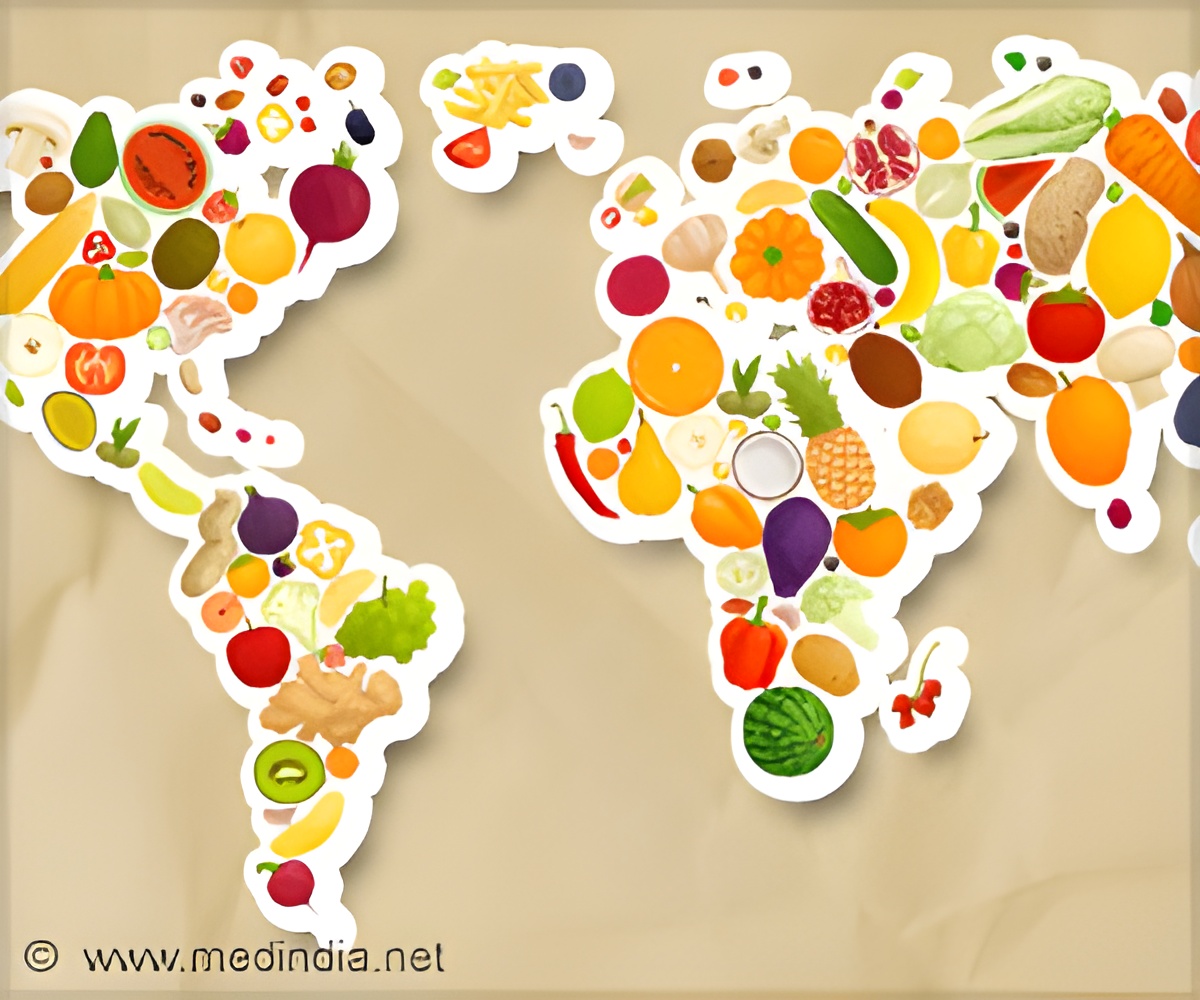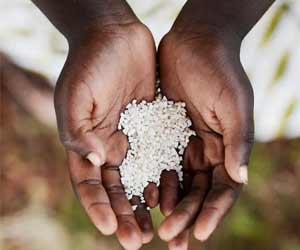
‘Integrating trauma-informed approaches into public assistance programming may help to improve the overall wealth and health of families.’
Tweet it Now
Parents of young children, who completed the Center’s 16-session, trauma-informed program, are 55 percent less likely to experience household food insecurity than those who did not complete the program, known as "The Network." The study included 372 Philadelphia parents of children under six years old enrolled in the four-to-eight-week-long program.In addition to the course, all participants were either receiving cash assistance through Temporary Assistance for Needy Families (TANF) and/or support from the Supplemental Nutrition Assistance Program (SNAP), formerly known as food stamps.
At present, one in five United States households currently experiences food insecurity, according to an April Brookings report, with that number expected to increase due to COVID-19.
"As the coronavirus ravages communities across the United States, a failure to stop the spread is causing unprecedented amounts of food insecurity," said senior author Mariana Chilton, Ph.D., a professor of Health Management and Policy and director of Center for Hunger-Free Communities at Drexel’s Dornsife School of Public Health.
"This pandemic continues to expose how fundamentally broken our country’s social support systems are and how poorly some of our most vulnerable citizens are often treated. As it becomes clearer that public officials are not rapidly improving basic income supports for families, our findings suggest innovative ways to increase people’s ability to care for themselves and each other."
Advertisement
Participants were asked questions via computer survey before the study, and every three months for up to a year, about their health and economic well-being - including banking habits, whether they are employed, and their ability to afford food. Those completing all four sessions and the baseline survey were considered full participants.
Advertisement
"For far too long, policymakers have left social, physical, and mental health out of the food insecurity equation. But we know these factors very frequently go hand-in-hand," said Chilton. "Now we have data to show that the program’s comprehensive financial education and support help families put food on the table not just for today, but far into the future."
The researchers caution that the Network is not a replacement for federal food assistance, which provides critical, life-sustaining nutrition while families move toward economic security. While the study worked with people who live in the City of Philadelphia, the authors suggest these trauma-informed approaches may provide benefits in other areas of the United States by increasing focus on health, well-being, and financial savvy, in addition to promoting work or ensuring food access.
Source-Eurekalert















